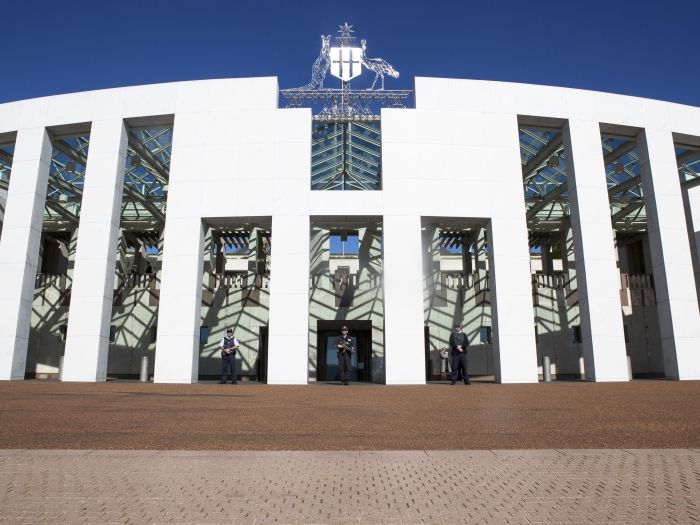About this crime
Espionage and foreign interference are serious threats to Australia’s national interests, including to our:
- political systems
- military capabilities
- trade and economic interests
- intellectual property
- community safety
- democratic freedoms.
Some foreign governments want to pressure and manipulate Australian:
- governments
- businesses
- decision-makers
- communities.
They intend to benefit their own political, economic and commercial interests.
In June 2018, the Australian Government introduced the National Security Amendment (Espionage and Foreign Interference) Act 2018 (EFI Act) to combat the growing challenge of foreign interference.
The EFI Act amended existing offences in the Criminal Code Act 1995 (Cth) and introduced espionage-related offences. Some of the actions it criminalised include:
- covert and deceptive or threatening activities by persons intending to interfere with Australia’s democratic systems and processes
- supporting the intelligence activities of a foreign government.
Espionage
Espionage means dealing with information and communicating it to a foreign government. This can cause harm to Australia's national interests, advance a foreign country's national interests, or both.
Espionage can involve defence, political, foreign relations or other security-classified information. It can also involve industrial or commercial information that affects Australia's national security.
Foreign interference
Foreign interference is an activity carried out by or on behalf of a foreign government. The activity may be coercive, threatening, deceptive or clandestine. It undermines Australia's sovereignty, values and national interests.
Foreign interference activity may be used to:
- influence a political or government process
- influence the exercise of an Australian democratic or political right
- support the intelligence activities of a foreign government
- prejudice our national security.
The secretive nature of foreign interference makes it difficult to detect. Any harm to Australia may not be apparent for many years.
Foreign interference is different from routine diplomatic influence because it's hostile to our sovereignty, values and national interests, and isn't conducted in an open or transparent way.
To be a crime under the Criminal Code Act, foreign interference must be linked to a foreign government or its proxy (also known as a foreign actor).
Threats in our communities
Some foreign governments threaten our culturally and linguistically diverse communities. They do this to inflame tensions in the Australian community and advance their own interests.
Such foreign interference in the community may include:
- harassment
- surveillance
- intimidation
- other coercive measures.
It's done to silence, monitor, harass, co-opt or coerce individuals, as well as broader community groups.
Foreign state actors can target religious, political or ethnic communities.




